In an era characterized by rapid advancements and ever-evolving innovations, the world of technology has become a captivating symphony. Each instrument plays its distinct melody, harmonizing to create an orchestra of possibilities that shape our future. As we navigate the depths of this fast-paced landscape, we uncover an array of transformative developments that redefine the way we live, work, and interact. From artificial intelligence to internet of things, let us embark on a journey to explore the dynamic facets of the modern tech ecosystem.
The Rise of Artificial Intelligence
Artificial Intelligence (AI) has emerged as a transformative force, revolutionizing industries and augmenting human capabilities. Machine learning algorithms and deep neural networks empower AI to analyze vast amounts of data, leading to breakthroughs in areas such as healthcare, finance, and autonomous vehicles. Natural language processing and computer vision have enabled AI to interact with humans more seamlessly, revolutionizing customer service and enhancing user experiences.
The Internet of Things (IoT) and Connectivity
The proliferation of connected devices in the Internet of Things has created a hyper-connected world, enabling seamless communication between devices, people, and the digital realm. IoT has transformed industries such as agriculture, manufacturing, and transportation, optimizing processes, increasing efficiency, and reducing costs. With the advent of 5G technology, IoT is poised to further expand, unlocking unprecedented opportunities for innovation and transforming cities into smart ecosystems.
Blockchain and Decentralization
Blockchain technology has disrupted traditional centralized systems, introducing transparency, security, and trust in various domains, particularly in finance and supply chain management. Decentralized finance (DeFi) and non-fungible tokens (NFTs) have revolutionized the way we perceive and interact with assets, offering new avenues for investment and digital ownership. As blockchain evolves, the potential for decentralized governance, voting systems, and cross-border transactions becomes increasingly promising, opening doors to a more inclusive and equitable world.
Conclusion
As we reflect on the dynamic landscape of modern technology, the future brims with possibilities. Artificial intelligence, the Internet of Things, blockchain, and many other technological marvels continue to reshape industries and transform our lives. However, with great power comes responsibility, and it is crucial to navigate the ethical and societal implications of these innovations. By embracing ongoing conversations, sharing knowledge, and fostering a deeper understanding, we can collectively shape a future that harnesses the potential of technology for the betterment of humanity.
In this symphony of innovation, our roles as active participants are pivotal. Let’s harmonize our knowledge, embrace fresh insights, and propel ourselves towards a future where technology serves as a catalyst for positive change. Together, we can orchestrate a world where technology and humanity unite, creating a transformative melodious symphony of progress.
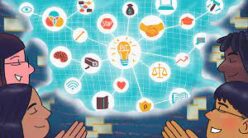
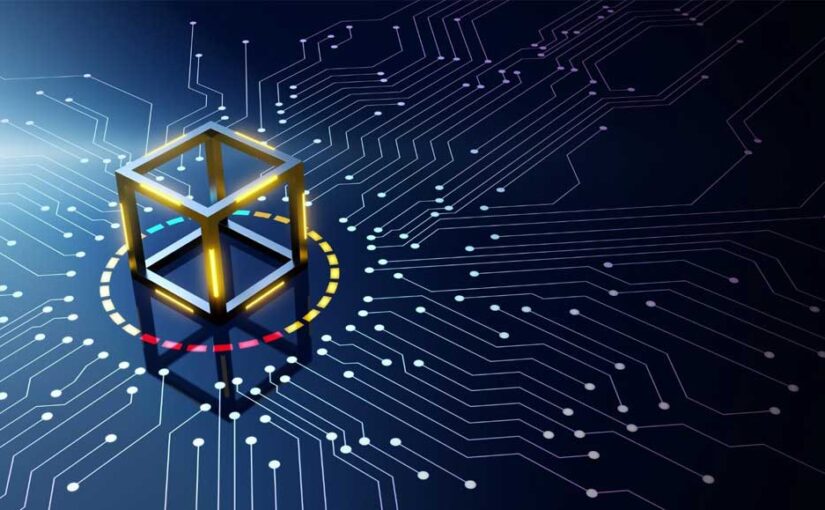
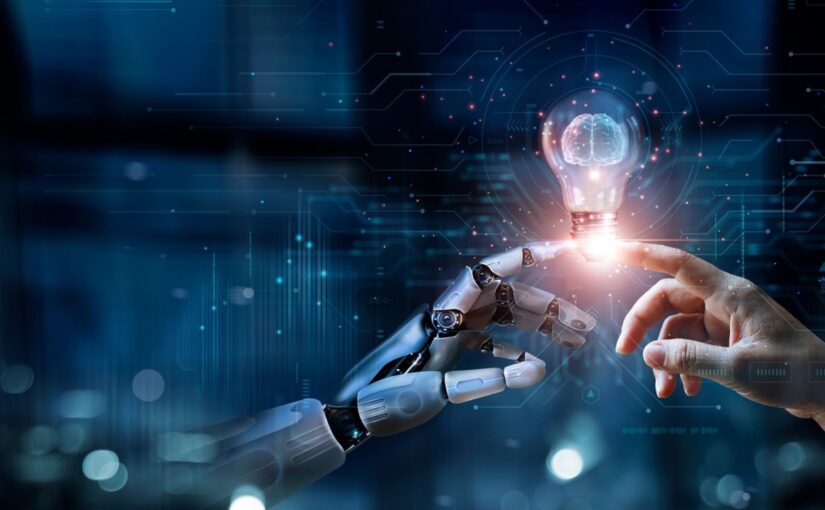
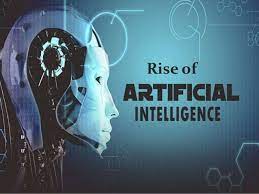 The Rise of Artificial Intelligence
The Rise of Artificial Intelligence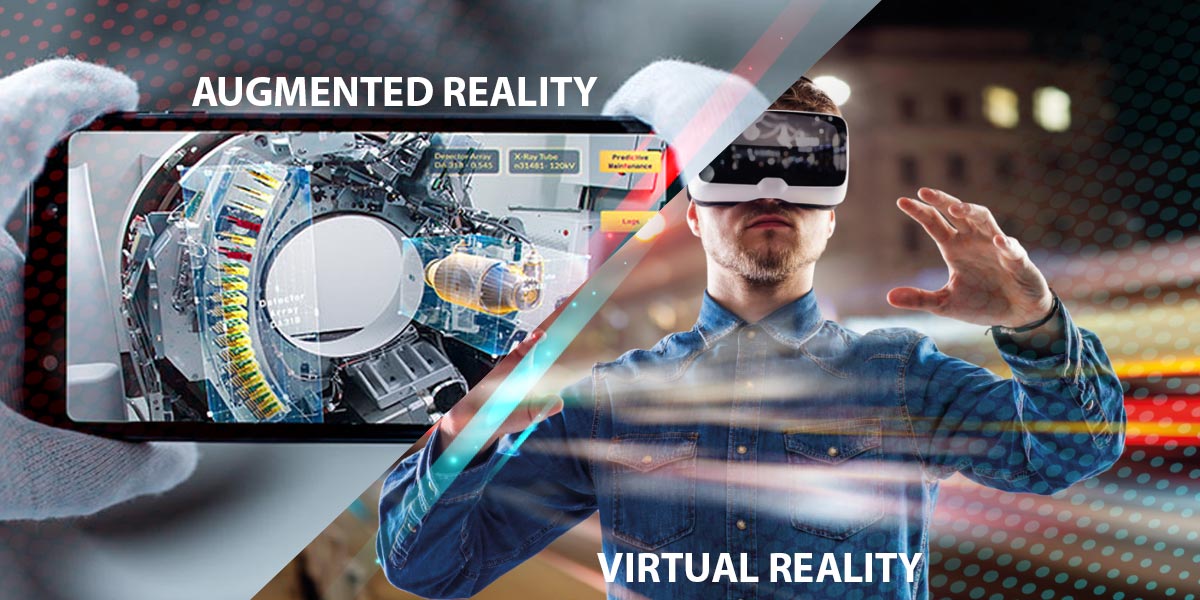 Augmented Reality and Virtual Reality
Augmented Reality and Virtual Reality